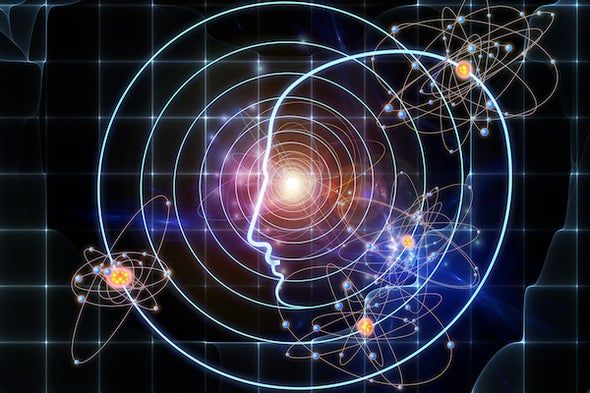Importance of basic physics and mathematics for a successful Physicist

“Science is about respect, it’s about honoring nature, exploring nature’s beauty. Science is a religion where scientists and mathematicians are the preists.”
Physics, as in the language of a physicist, is the study of matter and energy and to a layman it is simply the study of Nature. Physics deals into the deeper insights and truths about the universe.
It is one of the most basic and oldest among the sciences. As in the words of a great physicist ”All of science is either physics or stamp collecting”. Right from the time of Archimedes, physics today, in the 21st century has developed to such dramatic heights that even the giant scientific philosophers of the past would be shocked to see.
If we perform a survey over the scenario of scientific research in general and physics in particular around the world, we observe that the west is far ahead of the east in most cases. They are producing high quality scientific works as compared to their eastern counterparts. The reason for this problem is deep rooted and far more complex. Apart from the non availability of international standard facilities and proper funding, for example in our own country, another setback is inculcated in the very system of education, especially science education. In India, science, right from the grass root level, is taught without considering its philosophical implications, ethics, beauty and the higher picture of every simple entity which children find in their school books. It is taught just as any other subject of literature, which ends up in just rote learning to pass the exams. This is the case not only in the schools but it extends to even most colleges and institutes. The students enrolled in scientific and technological courses in these institutes fail to get a real taste of science, hence study the syllabus just for the sake of passing exams and getting good marks. But this practice has many ill effects, as when a student does not try to go into the deeper insights of a concept; he fails to get into the heart of the problem which is very necessary for the proper development of scientific knowledge. As a result, with passing time, things become fainter from his memory with the concepts still unclear and hence on pursuing further research or teaching with fuzzy basics create barriers and limitations in the quality of output. This is one of the most fundamental causes for lower rate of productivity in the scientific arena of our country. Moreover it is seen statistically that the average physics major graduates and post graduates in our country have a comparatively weaker hand in mathematics which is unquestionably one of the most essential tools of learning physics. As it is known globally, ‘Mathematics is the language for physicists’, and without proper mathematical knowledge it is nearly impossible to learn or understand higher physics. Mathematics is required not to understand the physical phenomenon but to convey and exchange the knowledge and information about it among the scientific community and the common masses in a proper structure.
Though there are mathematical physics papers in almost all the undergraduate and graduate courses but improvement should be made in their teaching methods, with discussions of some research level queries and pictorial description embedded with physical significance and explanation of the complex equations of mathematics which results in beautiful physical theories. Examples of recent and important frontier working areas of physics should be mentioned where the mathematical ideas taught in the class are being applied. Only then students can understand and realize the true beauty of mathematics and the explicit use of it in physics and allied sciences. With these strong foundations and proper guidance in the right direction it is likely that students are ought to be successful in establishing good scientific careers, hence uplifting the scientific consortium of India to be comparable or even better positions than the west.
(This article is contributed by our Consulting Editor, Madhurrya P. Talukdar.)
